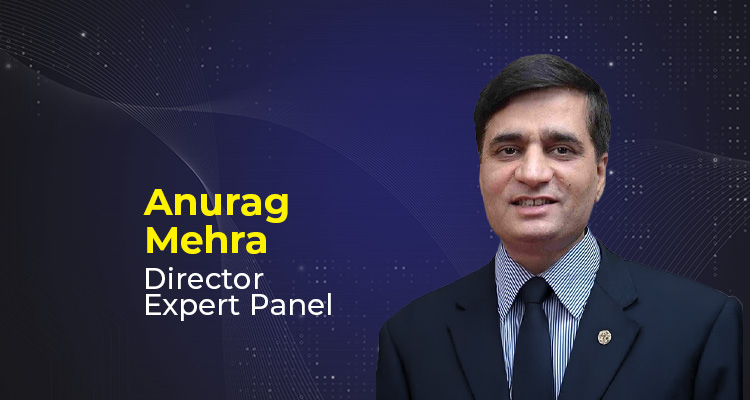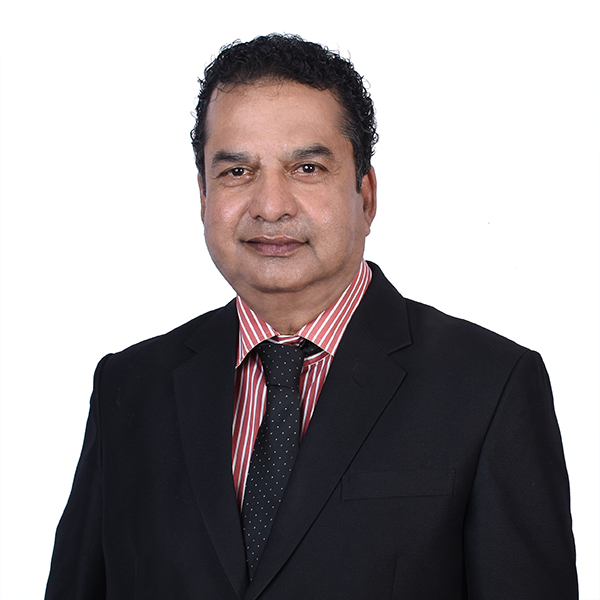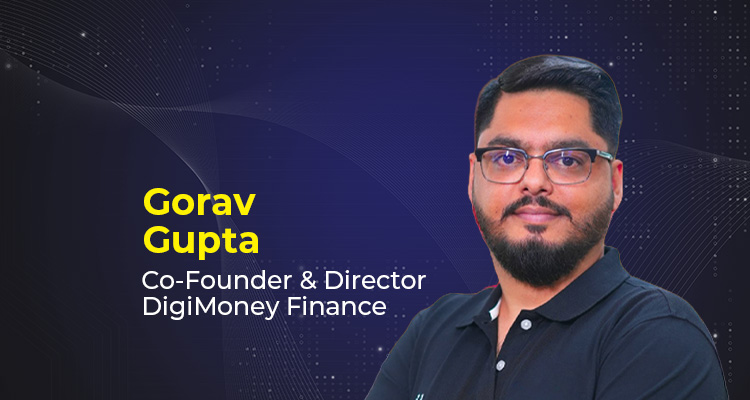How do banks typically calculate interest and penalties for overdue credit card balances or personal loans?
We primarily deal with unsecured loans such as personal loans and credit card dues. A credit card loan does not necessarily start as a loan, it could simply be an expense. For example, if someone spends Rs 2 lakh at a hospital using a credit card but cannot repay on time, the unpaid amount becomes a credit card outstanding.
In the case of personal loans, repayment is structured through EMIs. Suppose a borrower takes a loan of Rs 10 lakh with a monthly EMI of Rs 30,000. If the borrower misses the EMI payment date, the bank initiates follow-up calls, and interest as well as penalties are applied.
Credit cards work differently. The full outstanding amount is due in the next billing cycle. If the borrower cannot pay the full amount, the issuer offers the option of paying a “minimum amount due” to keep the card active and avoid immediate penalties. However, interest is still charged on the remaining balance. Most consumers are unaware that credit card interest rates are extremely high, typically 36–40 per cent annually.
For instance, on an outstanding of Rs 2 lakh, a cardholder may be asked to pay a minimum of Rs 10,000 (about 5 per cent). Out of this, nearly Rs 7,000 would go towards interest, and only Rs 3,000 would reduce the principal. Many consumers mistakenly believe that paying the minimum due keeps them financially safe, but in reality, it often traps them in a debt spiral.
In personal loans, if payments are delayed, interest and penalties accrue, but the borrower also faces aggressive recovery tactics. While RBI has issued clear guidelines on recovery practices, banks and NBFCs often outsource collections to agencies that do not always follow them. These agencies may resort to harassment like abusive calls, unannounced home visits, or even public defamation at workplaces or among relatives. This harassment often becomes a bigger issue for borrowers than the actual penalties.
Our intervention, therefore, is twofold: firstly, to protect borrowers from harassment; and secondly, to negotiate settlements, since individual borrowers often lack the bargaining power to engage fairly with large banks. Once a loan becomes an NPA (after three months of non-payment), banks generally prefer negotiated settlements over lengthy court proceedings, and that is where we step in to support the consumer.
How does Expert Panel differentiate itself from other companies?
We do not provide debt consolidation services. Debt consolidation involves combining multiple loans into a single loan for the sake of convenience. In our case, the problem is not convenience but inability to pay. We assist consumers who cannot repay their loans and require protection from harassment and support in negotiation. This makes us unique, as there are very few players in the market addressing this specific need.
Our unique proposition is that we are practically the only organisation that supports consumers who are genuinely unable to repay loans. Ideally, lenders should follow legal procedures in such cases. While there is a proper legal framework, lenders avoid it because it is time-consuming and often yields little outcome. Even courts generally encourage mutual settlements rather than prolonged litigation.
The Insolvency and Bankruptcy Code (IBC), introduced in 2016, is a robust law for companies but does not yet apply to individuals. As a result, borrowers who are bankrupt cannot seek relief under IBC. We believe that while loan default is not a crime, harassment violates a borrower’s constitutional right to live with dignity. Until individual bankruptcy laws are notified, our role remains critical in mediating between banks and borrowers.
What is the biggest challenge you face when helping borrowers who cannot repay loans?
The primary challenge is harassment by recovery agents. Even when we intervene with advocates, some recovery agents or local bank managers continue to use abusive or threatening tactics. Borrowers often feel that our services are ineffective if harassment persists. In extreme cases, harassment has driven borrowers to suicide.
While we can stop or reduce harassment in most cases, there are instances—such as unannounced home visits—where damage is already done once public defamation occurs. We continue to counsel borrowers, escalate complaints, and even file reports with RBI or the police. However, lack of awareness about consumer rights and poor training of recovery agents remain systemic challenges.
How does Expert Panel ensure transparency for customers regarding cost, outcomes, and limitations?
We maintain a highly transparent process. Every step, such as complaints filed with banks, RBI, or other authorities, is shared with the borrower. We also sign formal agreements outlining expected timelines, costs, and outcomes. Unlike individual lawyers, who may leave these details vague, we operate as a company providing structured services with the help of legal professionals.
We maintain a highly transparent process. Every step, such as complaints filed with banks, RBI, or other authorities, is shared with the borrower. We also sign formal agreements outlining expected timelines, costs, and outcomes. Unlike individual lawyers, who may leave these details vague, we operate as a company providing structured services with the help of legal professionals.
Enjoyed this interview? Now, imagine yours. Write to:
editor@thefoundermedia.com





